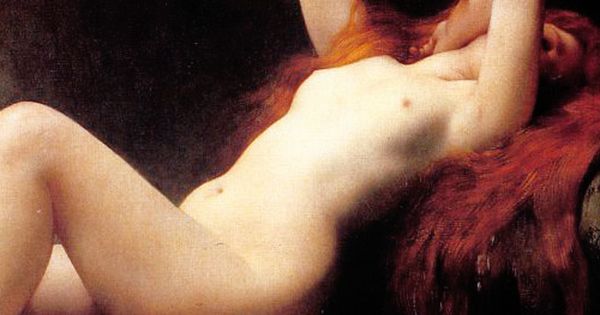 May God, who in the mystery of his vision and power transforms his white radiance into many-coloured creation, from whom all things come and into whom they all return, grant us the grace of pure vision….
May God, who in the mystery of his vision and power transforms his white radiance into many-coloured creation, from whom all things come and into whom they all return, grant us the grace of pure vision….
He is the sun, the moon and the stars. He is the fire, the waters, and the wind…
Thou the blue bird and thou the green bird; thou the cloud that conceals the lightning and thou the seasons and the oceans. Beyond beginning, thou art in thy infinity, and all the worlds had their beginning in thee…..
There are two birds, two sweet friends, who dwell on the self-same tree. The one eats the fruit thereof, and the other looks on in silence.
The first is the human soul who, resting on that tree, though active, feels sad in his unwisdom. But on beholding the power and the glory of the higher Spirit, he becomes free from sorrow.
Of what use is the Rig Veda to one who does not know the Spirit from whom the Rig Veda comes, and in whom all things abide? For only those who have found him have found peace.
For all the sacred books, all holy sacrifice and ritual and prayers, all the words of the Vedas, and the whole past and present and future, come from the Spirit. With Maya, his power of wonder, he made all things, and by Maya the human soul is bound.
Know therefore that nature is Maya, but that God is the ruler of Maya; and that all beings in our universe are parts of his infinite splendour…
May the seer of Eternity, who gave to the gods their birth and their glory, who keep all things under his protection, and who in the beginning saw the Golden Seed, grant us the grace of pure vision.
Svetasvatara Upanishad
 I discovered unexpected correlations in things which hitherto I had thought foreign to each other. Objects distant and different from one another appeared near and similar. The facts of the world arranged themselves before my eyes according to a new pattern
I discovered unexpected correlations in things which hitherto I had thought foreign to each other. Objects distant and different from one another appeared near and similar. The facts of the world arranged themselves before my eyes according to a new pattern










